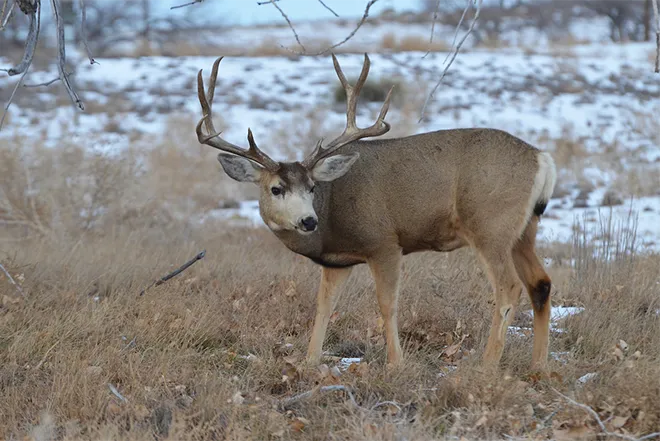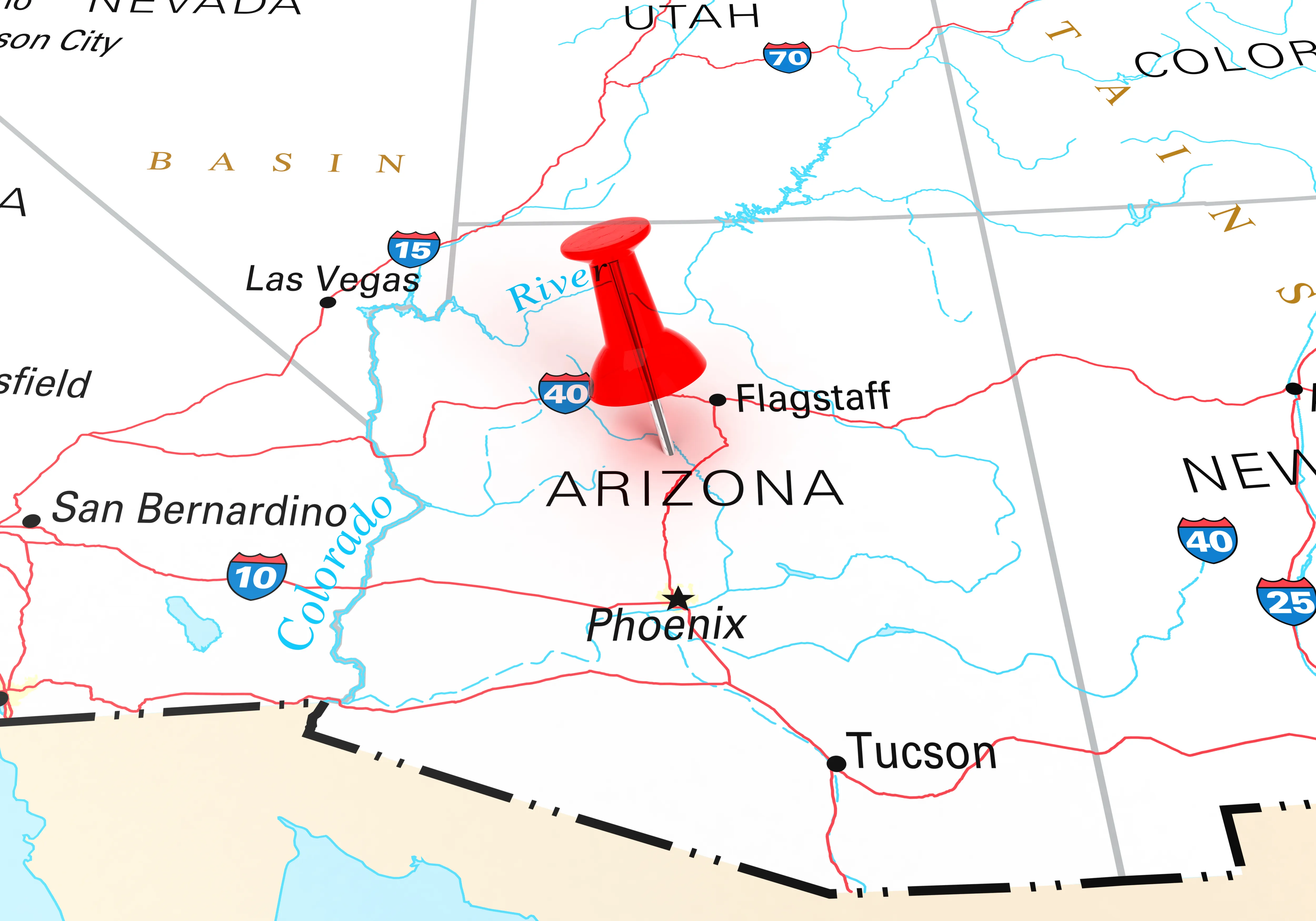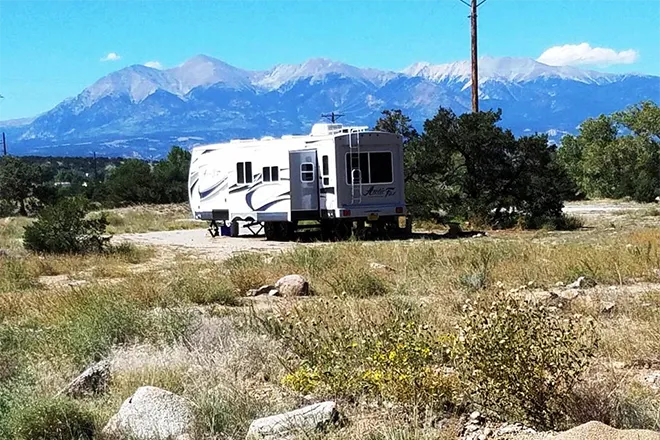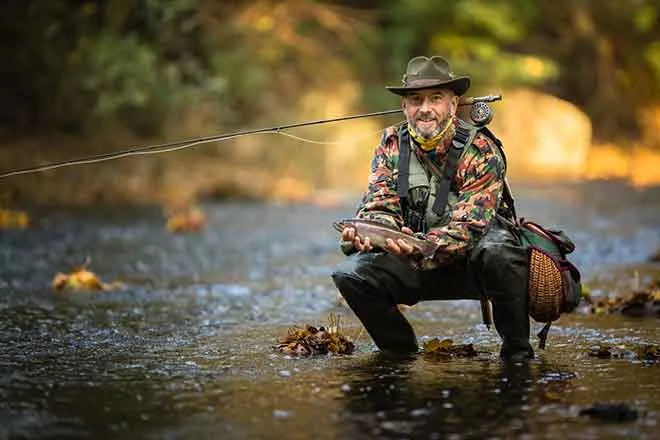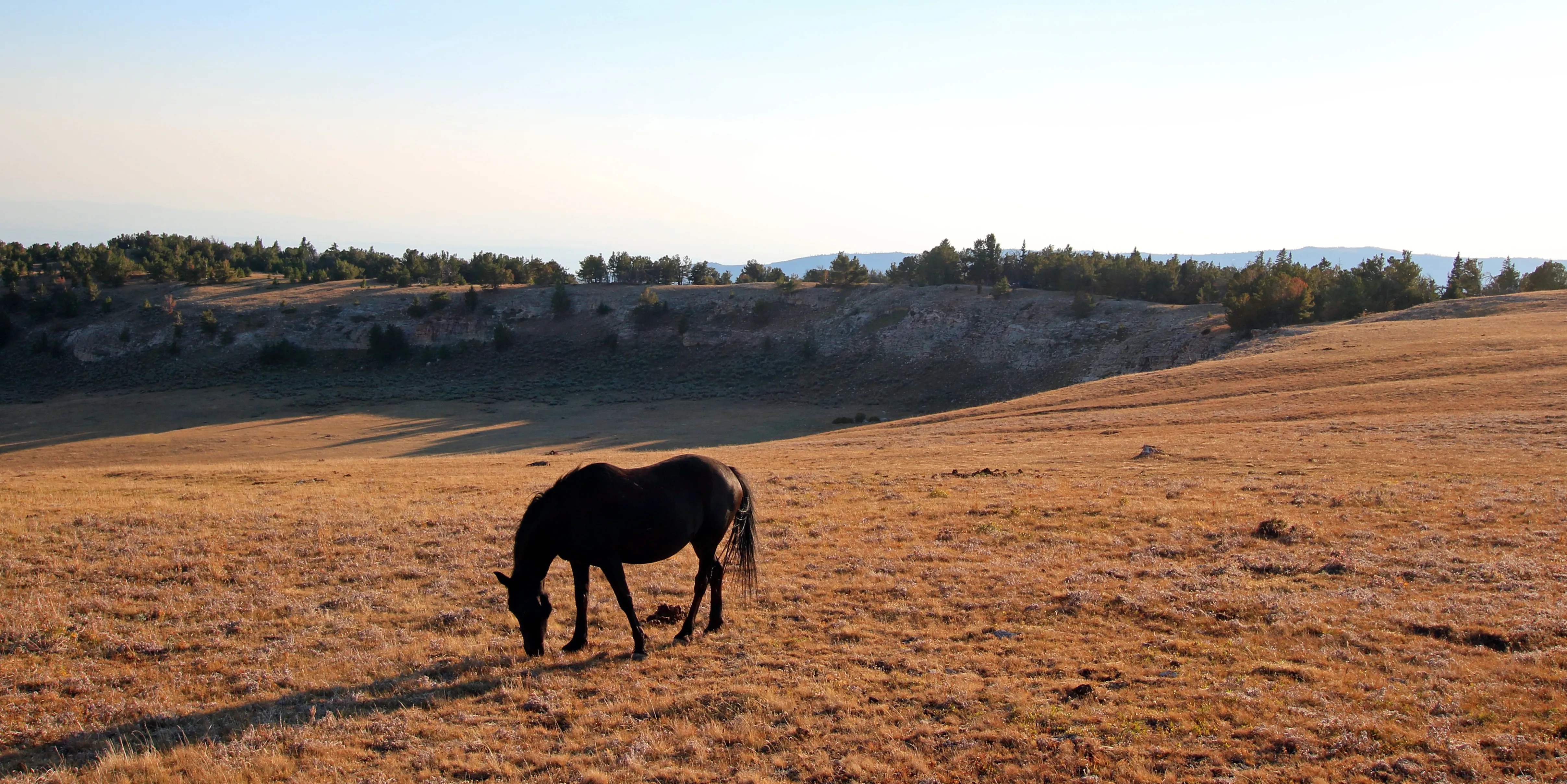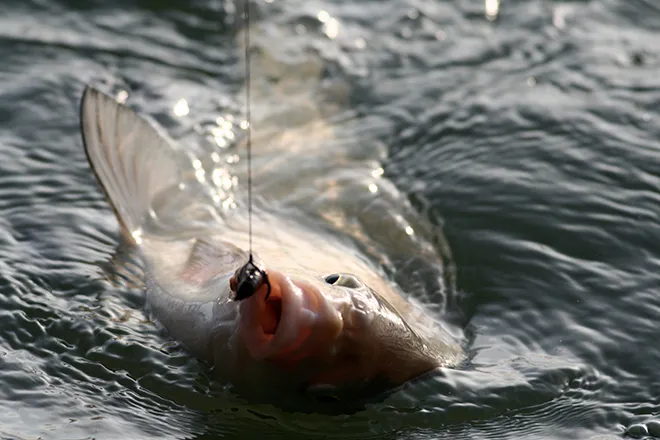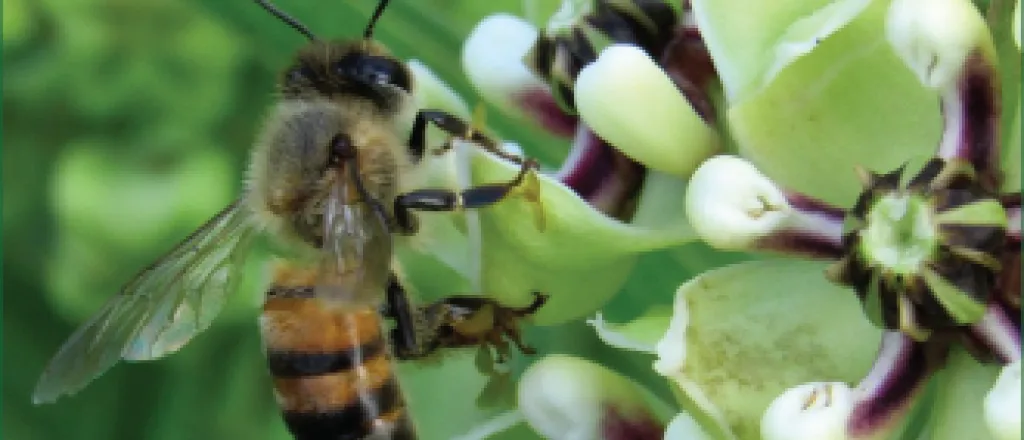
Protecting Pollinators Part 2 - Practical Pesticide Use
Pollinators, such as bees, butterflies, and birds make our world a more beautiful place by pollinating flowers and plants but they are also an integral part of the food system. The honey bee pollination alone adds more than $15 billion in value to agricultural crops each year, and helps ensure that our diets include ample fruits, nuts, and vegetables. In Colorado, we have several agricultural industries that rely on pollinators such as our Palisade peaches and Rocky Ford cantaloupes. The Colorado Department of Agriculture encourages residents to consider how they can help protect the pollinators.
Pesticide Use
Read and follow pesticide labels before purchasing; many pesticides are harmful to bees and other pollinators. It’s required by law to properly apply pesticides according to the label directions.
The Colorado Department of Agriculture recommends care when applying any pesticide, regardless of type, to help protect our state’s pollinating insects.
Always consider alternatives to pesticides, first. Use integrated solutions to manage a plant problem. http://www.colostate.edu/Dept/CoopExt/4dmg/PHC/10steps.htm
Choose the least toxic pesticides whenever possible. http://www.ext.colostate.edu/ptlk/1427.html
Avoid applying all pesticides including insecticides and fungicides during bloom on ornamental plants that attract pollinators such as roses, lavender, crabapples, and linden. Apply pesticides after flower petals have fallen.
If you do apply a pesticide to plants that are attractive to pollinators, spray at dusk when bees and other pollinators are not active.
Additional Resources
Protecting Pollinators: Part 1 Follow Thoughtful Landscape Management Guidelines
Low Water Native Plants for Colorado Gardens: Front Range and Foothills. Colorado Native Plant Society. https://conps.org/wp-content/uploads/2016/04/NativeGarden-Front-Range-4-11-2016.pdf
Attracting Butterflies to the Garden, Colorado State University Extension http://extension.colostate.edu/topic-areas/insects/attracting-butterflies-to-the-garden-5-504-2/#top
“Gardening for Pollinators in Utah and Beyond” Utah State University Extension http://www.fs.fed.us/wildflowers/pollinators/documents/plants-pollinators09.pdf

